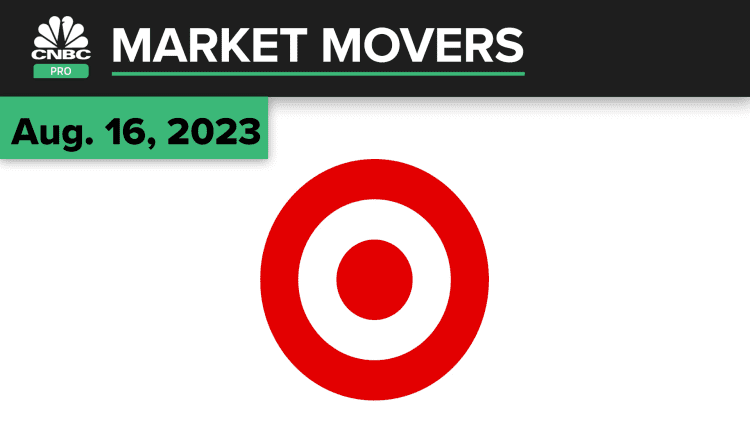
Stocks fell Wednesday as investors digested a summary of the Federal Reserve's July meeting, which hinted at potentially higher rates.
The Dow Jones Industrial Average dropped 180.65 points, or 0.52%, to end at 34,765.74. The S&P 500 dipped 0.76%, closing at 4,404.33. Meanwhile, the Nasdaq Composite declined 1.15%, ending the day at 13,474.63.
It was the second consecutive losing session for the three major averages.
In the central bank's July meeting minutes, officials said additional tightening may be necessary to bring down inflation.
"With inflation still well above the Committee's longer-run goal and the labor market remaining tight, most participants continued to see significant upside risks to inflation, which could require further tightening of monetary policy," the meeting summary stated.
The federal funds rate is currently in a range between 5.25% to 5.5%, the highest level in more than 22 years.
"Markets continue to sell off as the Fed minutes underscore that the economic backdrop needs to pull back so that demand softens accordingly," said Quincy Krosby, chief global strategist for LPL Financial.
"Recent third-quarter GDP estimates, coupled with fresh retail sales data, suggest a much more robust underpinning to the economy, certainly not what the Fed wants to see as they navigate the so-called 'last mile' towards achieving price stability," Krosby added.
Intel fell more than 3% to lead the Dow lower. Communications services, real estate and consumer discretionary were among the worst-performing S&P 500 sectors, losing more than 1% each.
Meanwhile, the back end of the corporate earnings season rolled on. Target shares rose roughly 3% even after the retailer cut its full-year outlook. Insurance company Progressive jumped nearly 9%, also on the back of its earnings report.


